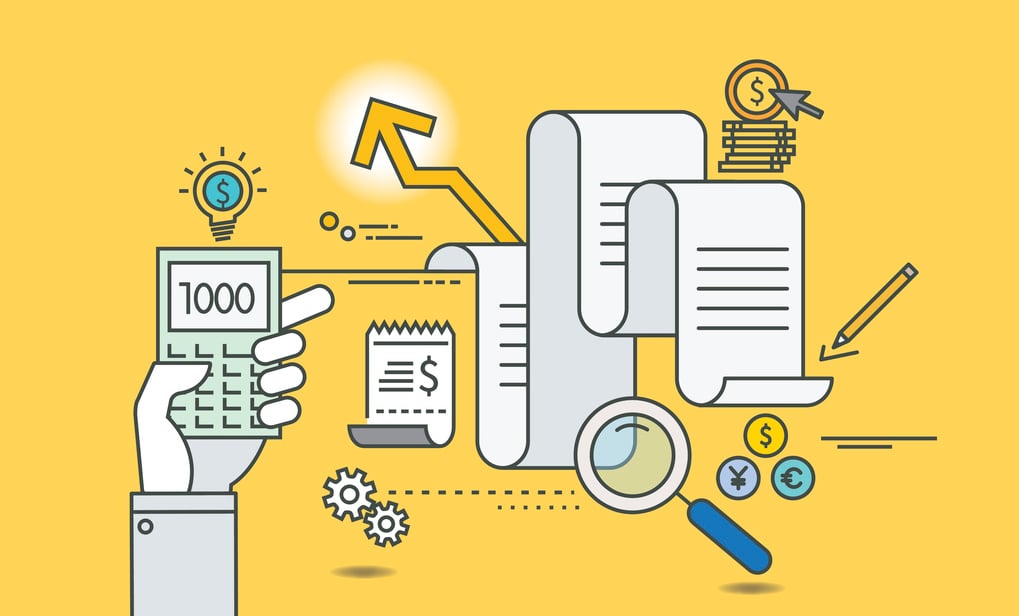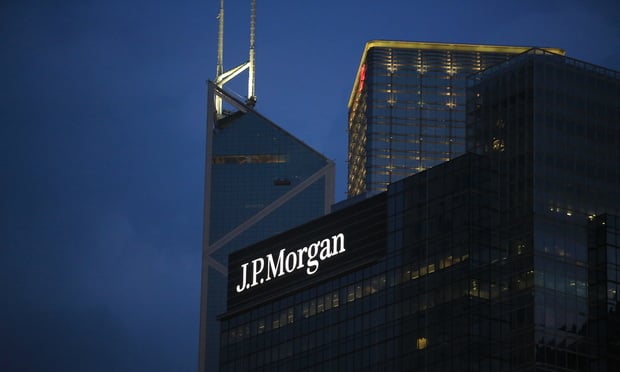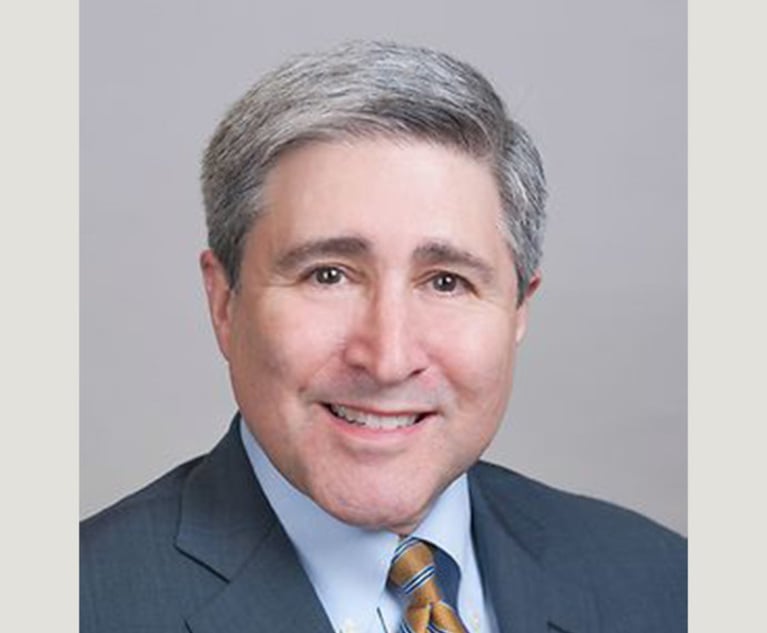In a year when American companies piled up record amounts ofcash, the worst stocks were the savers and the best gave the moneyback to investors with dividends and buybacks.
|Companies that hoarded cash such as CareFusion Corp., WesternDigital Corp. and 18 other members of the Standard & Poor's 500Index lost an average 15 percent in 2011, according to datacompiled by Bloomberg. The 40 that repurchased the most stock oroffered the biggest dividends climbed 5.7 percent, led by DirecTVand Reynolds American Inc., the data show.
|Bulls say gains in companies that returned money will helpunlock almost $1 trillion of cash that chief executive officershave been hoarding for three years. Thomas Lee, the chief U.S.equity strategist at JPMorgan Chase & Co., says distributionsshould increase 28 percent to $1.1 trillion into next year. Bearssay dividends and buybacks will be insufficient to keep the rallygoing as mandated budget cuts curb growth.
|“Investors are more yield-hungry than ever before,” said Jacobde Tusch-Lec, a London-based money manager at Artemis InvestmentManagement LLP in London, which oversees $17 billion. “Because ofthe market we are in, investors have flocked to companies that arethe best in the world at what they do, generate excess cash andhave a proven record of returning money.”
|The S&P 500 fell 2.8 percent to 1,219.66 last week, thefirst decline since November. Concern that countries in Europe facedefaults pushed the index down 11 percent since it reached analmost three-year high of 1,363.61 on April 29. While the index haslost 3 percent for 2011, it has swung from an 8.4 percent gain inApril to a 13 percent loss in October. Futures on the S&P 500slipped 0.1 percent at 8:27 a.m. in London today.
|Companies built reserves as stocks sank and forecasts for growthin U.S. gross domestic product next year slipped from 3.3 percentin February to as low as 2 percent in October. Cash at companiesexcluding banks, utilities, truckers and automakers rose to arecord $998.9 billion last quarter, according to S&P.
|Hoarding money hasn't paid off in the market. A group of 20companies that increased cash and short-term investments the mostin 2010 lost 15 percent this year, according to data compiled byBloomberg. The data excludes companies that increased buybacks ordividends in 2011 or spent the most on capital investments lastyear.
|CareFusion Cash
|CareFusion boosted cash to the highest level since it was spunoff in 2009 and Western Digital's climbed for the past fivequarters, data compiled by Bloomberg show. CareFusion, a medicalsupply company, hasn't bought back shares or paid a dividend topublic shareholders, and hasn't announced plans to do so this year,according to data compiled by Bloomberg. The stock has fallen 6.4percent since Dec. 31.
|Western Digital, a maker of disk drives and networking products,beat profit estimates for the past two quarters and raised itsquarterly revenue forecast this month. The shares, which trade at a32 percent discount to their average price- earnings ratio in thelast 10 years, declined 8.7 percent this year. MetroPCSCommunications Inc., down 34 percent in 2011, raised cash to arecord level in the second quarter.
|At the same time, the 20 nonfinancial S&P 500 companies thatspent the most to repurchase shares last year advanced 6.3 percent.Those that had the biggest dividend increases relative to theiroperating cash level rose 5.1 percent, according to data compiledby Bloomberg. There are 312 nonfinancial companies in the S&P500 that pay dividends, and all but six raised or maintained themin the past year, according to data compiled by Bloomberg.
|DirecTV, the largest U.S. satellite-television provider, boughtback $1.45 billion of shares in the third quarter, part of a $6billion program announced in February. Reynolds boosted itsquarterly dividend payout twice in 2011. The companies rallied 5.4percent and 25 percent, respectively.
|The S&P 500 is trading at 12.3 times estimated 2011earnings, or 30 percent below its 10-year average price-earningsratio, data compiled by Bloomberg show. More than 1,000 U.S.companies authorized buybacks this year, according to BirinyiAssociates Inc. At $520 billion announced through last week, 2011is on track for the third-biggest year for repurchases on record,the data show.
|“Companies that are just building cash, they're looked at as nottaking any risk,” Eric Green, a Philadelphia-based fund manager atPenn Capital Management, which oversees about $6 billion, said in atelephone interview Dec. 15. “If they're not going to expand, theymight as well be paying it out.”
|Debt Crisis
|Speculation Europe's debt crisis will spur a recession sentinvestors to the relative safety of fixed income in 2011. U.S.Treasuries advanced 9.9 percent and investment-grade bonds returned7.3 percent, according to Bank of America Merrill Lynch data.Unemployment that reached 23 percent in Spain and a budget deficitin Greece totaling 1.4 times gross domestic product heightenedconcern the region's economy will contract.
|The Dow Jones Industrial Average swung between gains and lossesof more than 400 points over four days in August after Congress andPresident Barack Obama battled over borrowing limits that promptedS&P to downgrade the government's AAA credit rating for thefirst time. The Chicago Board Options Exchange Volatility Indexstayed above 30 between August and September as consumer confidencefell to a two-year low and U.S. unemployment was at or above 9percent for seven months.
|While bonds climbed, equity investors snapped up companiesreturning money to shareholders amid signs the worst is over forthe U.S. economy. Manufacturing in the Philadelphia region expandedin December at the fastest rate in eight months after plunging to a29-month low in August, the Federal Reserve said Dec. 15.First-time claims for unemployment insurance slipped to the lowestlevel since 2008, the height of the worst recession since the1930s, the Labor Department said Dec. 15.
|Another contraction may send investors back to companies thathave piled up cash, according to Federated Investors Inc.'sLawrence Creatura. While U.S. jobless claims fell to a three-yearlow last week, concern European leaders are failing to stem thetwo-year debt crisis sent the euro to the biggest weekly declinesince September.
|“The question investors have to ask themselves is, what will bethe state of the global economy next year?” Creatura, a Rochester,New York-based fund manager at Federated Investors, which oversees$350 billion, said in a Dec. 15 telephone interview. “That willdefine which companies you should own.”
|Earnings Beat Projections
|Buybacks and dividends aren't keeping up with profits comparedwith 2007 distributions and should increase by about $250 billioninto next year, according to Lee at JPMorgan. S&P 500 earningshave beat analyst projections for an 11th straight quarter and areprojected to end 2011 at $98.89 a share, about 18 percent higherthan in 2007, the last year before the financial crisis. accordingto analyst forecasts compiled by Bloomberg.
|“Corporate cash return is not anywhere close to prior highs,” hesaid. “The implication is that corporates are likely to vastly rampup cash return.”
|The world's largest economy shrank 5.1 percent from the fourthquarter of 2007 to the second quarter of 2009, the most of anyrecession since the 1930s. General Electric Co., once the biggestcompany by market value, shocked investors on Feb. 27, 2009, bycutting its payout for the first time since 1938 after its sharesplunged 78 percent in less than 17 months.
|GE, now the ninth-largest U.S. company, raised its quarterlydividend 13 percent on Dec. 9, the fourth increase in less than twoyears. The stock gained 3.3 percent since Chief Executive OfficerJeffrey Immelt told shareholders Dec. 13 that the company shouldgenerate $30 billion in cash to spend on acquisitions, payouts andbuybacks over the next three years.
|“Companies are looking at their uses of what are pretty heftycash reserves, and they're voting with their checkbooks that theythink their shares are undervalued,” said Tom Murphy, a moneymanager at Columbia Management in Minneapolis, who oversees $23billion of investment-grade credit. “They're saying that's the bestopportunity they have.”
|Bloomberg News
|Copyright 2018 Bloomberg. All rightsreserved. This material may not be published, broadcast, rewritten,or redistributed.
Complete your profile to continue reading and get FREE access to Treasury & Risk, part of your ALM digital membership.
Your access to unlimited Treasury & Risk content isn’t changing.
Once you are an ALM digital member, you’ll receive:
- Critical Treasury & Risk information including in-depth analysis of treasury and finance best practices, case studies with corporate innovators, informative newsletters, educational webcasts and videos, and resources from industry leaders.
- Exclusive discounts on ALM and Treasury & Risk events.
- Access to other award-winning ALM websites including PropertyCasualty360.com and Law.com.
*May exclude premium content
Already have an account? Sign In
© 2024 ALM Global, LLC, All Rights Reserved. Request academic re-use from www.copyright.com. All other uses, submit a request to [email protected]. For more information visit Asset & Logo Licensing.








